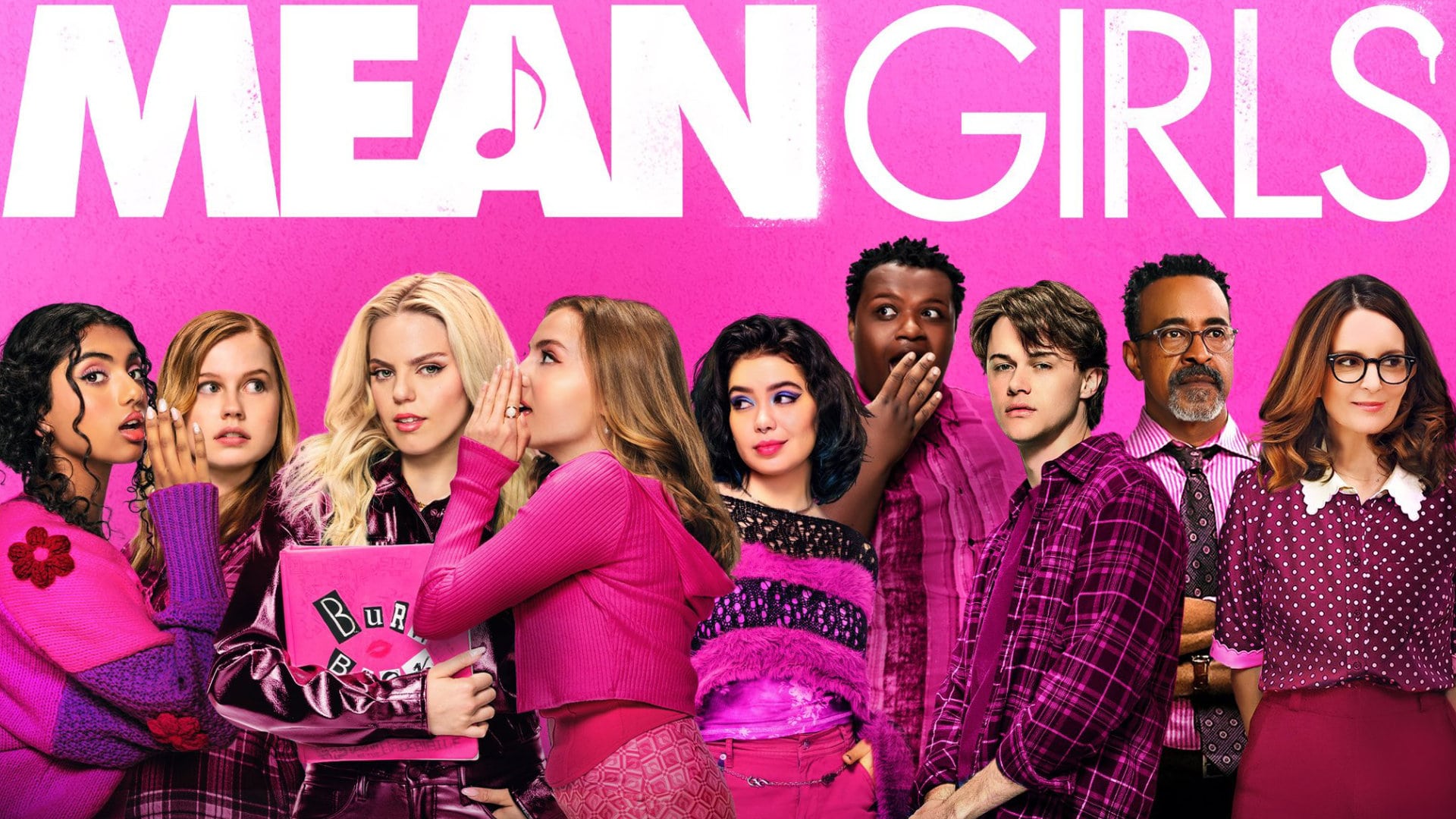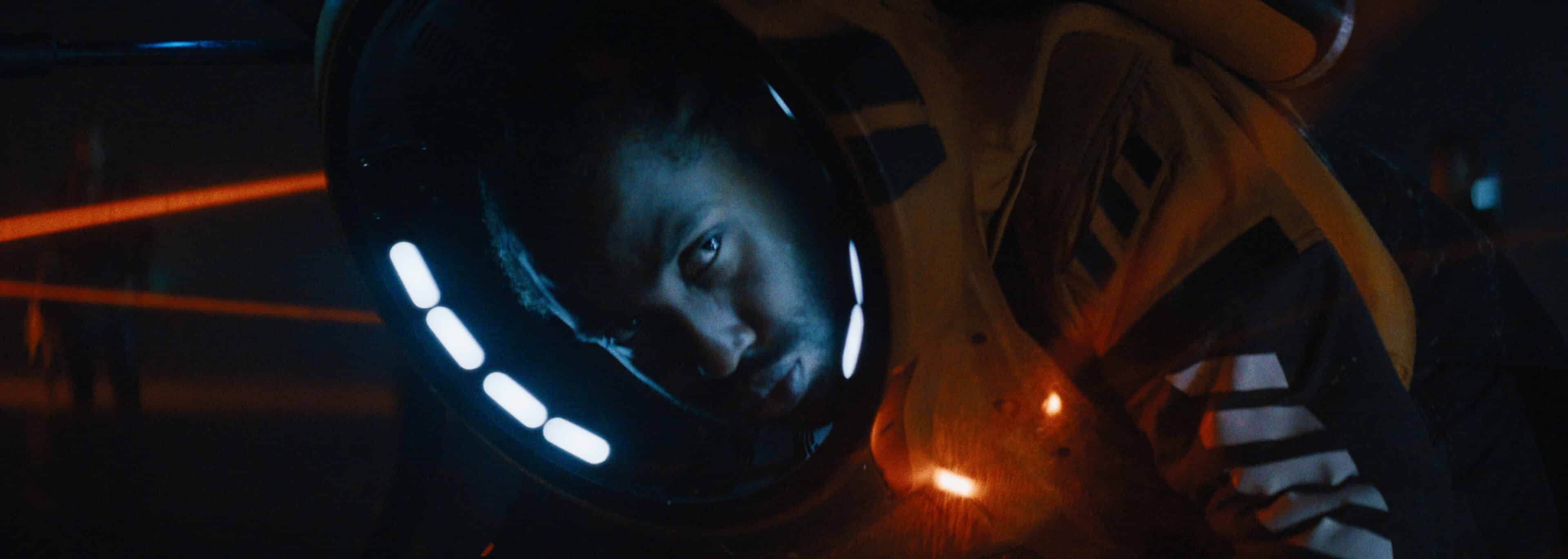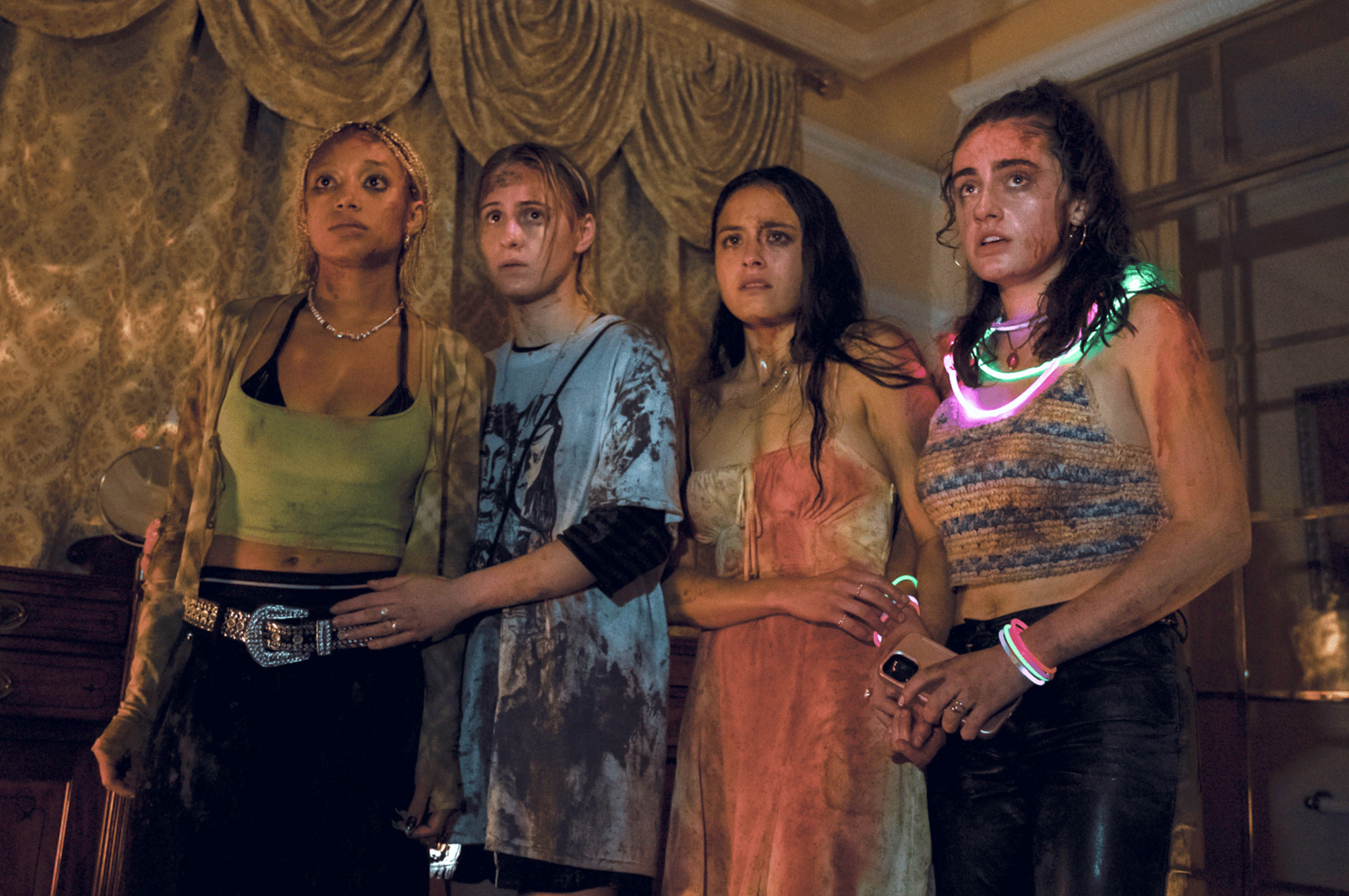Guy Ritchie goes from Sherlock to the Sixties in his all-action spy caper.

“It’s a tip of the hat to the series. We wanted to capture the essence and uniqueness of that time while making it immediately accessible to today’s audiences, and as original, attractive and fresh as possible,” says British filmmaker Guy Ritchie, who is talking about his highly anticipated take on the hugely popular 1960s television show, The Man From U.N.C.L.E. (2015), a throwback to the old school days of perfectly coiffed espionage entertainment whose themes are still as relevant today as they were then, if not more so. “The film is both period and contemporary, which feels like a very natural process to me,” he continues.
Taking a break from his franchise duties as the Man of Steel, Henry Cavill swaps the cape for a sharply tailored suit as expert CIA agent Napoleon Solo who, in the heated days of 1963, is working for the US on a top secret mission that could determine the outcome of the country’s battle for arms supremacy with the Soviet Union.

The action catches up with Solo as he travels to post-World War II Berlin, the German capital divided by a 12-foot concrete wall. After locating whip-smart auto mechanic Gaby Teller (played by Alicia Vikander), the estranged daughter of AWOL, Nazi-favoured rocket scientist Dr. Udo Teller, Solo is intercepted by formidable KGB spy Illya Kuryakin (Armie Hammer, with a pitch perfect Russian dialect) who’s also there to extract information from Teller.
After a bracing cat-and-mouse chase, the two agents are forced to put aside their personal and national differences, teaming up on a joint mission to stop a mysterious international criminal organisation hell-bent on destabilizing the delicate balance of power through the propagation of nuclear weaponry.

Armed with all the retro elements that made the ‘60s a defining decade, from the music to the fashion, The Man From U.N.C.L.E. is an exhilarating and distinctive summer blockbuster that stands out from a busy list of sequels, prequels and superhero instalments. Based on the 4-season NBC series that ran from 1964 to 1968 and starred Robert Vaughn and David McCallum, the big screen adaptation is the latest collaboration between Ritchie and Lionel Wigram, who previously combined forces to reimagine Arthur Conan Doyle’s long-surviving detective, Sherlock Holmes, for two hit films.
Having explored the seedy underbelly of Britain’s gangster community in his earlier work, Richie’s films have recently taken on broader international scope with vastly bigger budgets, though they maintain his clear fascination with the relationship between two disparate men forced to work for a common goal, be it in Victorian London or during the height of the Cold War.

“It’s a zone I find fascinating, the way men interact with each other. Even going back to Lock, Stock and Two Smoking Barrels (1998), I’m drawn to that male-to-male dynamic as kind of a genre unto itself,” Ritchie explains. U.N.C.L.E is something of a buddy movie, however combative the relationship between Solo and Kuryakin consistently is, resulting in some hilarious action sequences that combine wry banter with high stakes reconnaissance work in prickly situations.
Unlike the series, which began after the two protagonists had forged their uneasy alliance, Ritchie’s film sets itself the task of taking an origin story angle to the story, which meant going back and characterising each agent within their respective home countries before they eventually combine forces. The casting was crucial to the film’s success, and Ritchie found the perfect actors to portray his politically charged and confrontational double act.
For Cavill, having not seen any of the original episodes helped aid his understanding of such a strong but enigmatic character, who has a chequered history with the law. “He’s not career CIA; in fact, he’s kind of anti-establishment. He acquired his skillset dealing art and antiques on the black market after sneaking his way into post-war European high society, and was so good that no one could catch him for years. It’s something he took a great deal of pride in,” he says of the Bond-esque Solo, who was eventually given the ultimatum of either going to jail or becoming an agent.

Kuryakin, on the other hand, is the product of years of intense dedication, with the KGB training him specifically to gain elite status. “He’s a classic spy. He grew up in the system and rose through the ranks and he’s very by the book,” says Hammer, describing a character whose lack of humour is juxtaposed by almost superhuman strength. “His lifelong goal was to be a KGB operative and that’s the most important thing to him.”
This awkward dynamic between such an unorthodox agent and his more conscientious counterpart not only offered Ritchie the opportunity to mine their relationship for comedic gain, but allowed him to represent the divide between capitalist America and Communist Russia in a mainstream film, which is a premise he had a lot of fun with. “What we found so irresistible was taking these polar-opposite agents and forcing them together so that they start out trying to annihilate each other and end up cooperating, but maybe still not entirely trusting each other. The story is largely the evolution of their collaboration,” he says.
This doesn’t mean the film’s female contingent are side-lined; far from it in fact, Vikander and Australian actress Elizabeth Debicki, who plays chief antagonist Victoria Vinciguerra, are both as strong and independent as they are intelligent, with each proving more than a match for the two male leads. Desperate to remain on this side of the Berlin Wall after Solo helps aid her passage, Teller transforms from perfectly able garage mechanic to couture-draped arm candy, though she ends up being more than just a romantic foil.

“I loved the fact that they made her a cool, tomboyish girl with a lot of character,” says Vikander, who was cast for her mixture of strength and youthful naiveté. “Gaby was brought up in a man’s world and so she’s quite feisty and she knows how to stand her ground. If anything, she has a tough time relaxing and pretending she wants to be just a pretty housewife, and I think it’s partly her desire to assert her independence that causes sparks to fly between her and Illya.”
It’s this equal focus on the male and female dynamics that sets The Man From U.N.C.L.E. out from the crowd, evoking but deliberately contrasting the sexual and gender politics of the male-dominated sixties to present a truly modern 21st Century blockbuster that just may be the start of an all-new franchise.
The Man From U.N.C.L.E. is released in Cineworld Cinemas 14 August 2015

Latest Posts
-


Film News
/ 14 hours agoStreaming date announced for Berlin Golden Bear winner, ‘Dahomey’
MUBI, the global film distributor, production company and streaming service is thrilled to announce Mati Diop’s captivating...
By Paul Heath -


Film News
/ 2 days ago‘Dogma 2’ on the way from Kevin Smith
Matt Damon and Ben Affleck may also be back for more.
By Paul Heath -


Film Trailers
/ 3 days agoOne more trailer for Robbie Williams biopic ‘Better Man’
Ahead of a release in the UK and Ireland on Boxing Day, December 26th,...
By Paul Heath -


Film Trailers
/ 3 days agoWatch the trailer for Disney+ documentary ‘Beatles ’64’
Disney+ has released a trailer for their upcoming music documentary Beatles ’64 which will...
By Paul Heath











